Infodemic
Why it matters

Scams

Scammers target college campuses with phishing emails
Fraudulent-but-authentic-looking offers flood student and faculty inboxes as universities scramble to avoid data breaches.
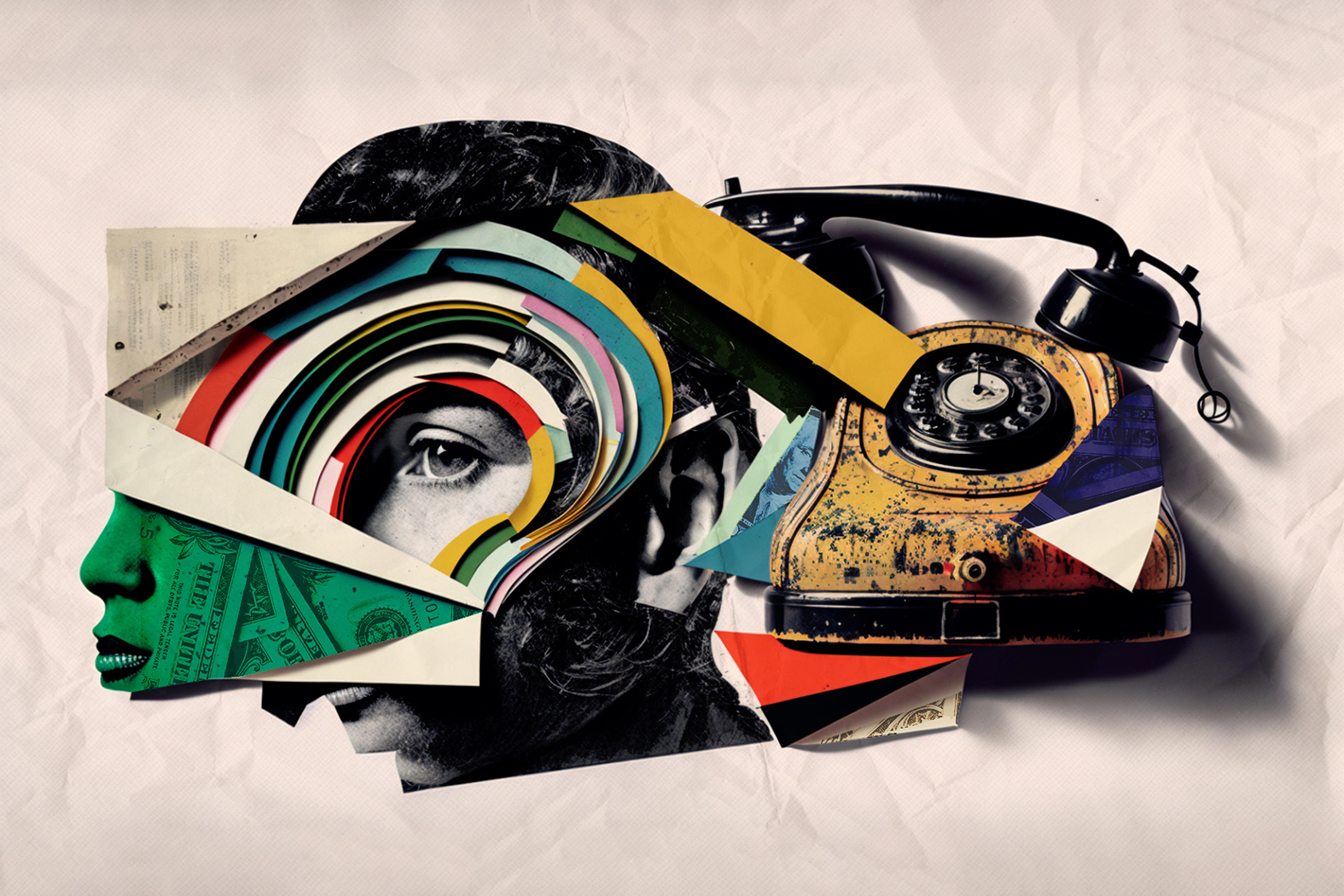
Phone scammers wreak havoc on Americans and their wallets
Bots, voicemails and con artist calls stole more than $40 billion from nearly 70 million people in 2022.

Gift cards star as scammers digital cyber mules
Gift cards play a key role in the scam economy, providing both a target for theft and a mechanism to turn ill-begotten gains into cash.

How YouTubers turn the tables to bait and expose scammers
Inside the community of “scambaiters” who confront, fool and expose scammers on the digital frontlines.
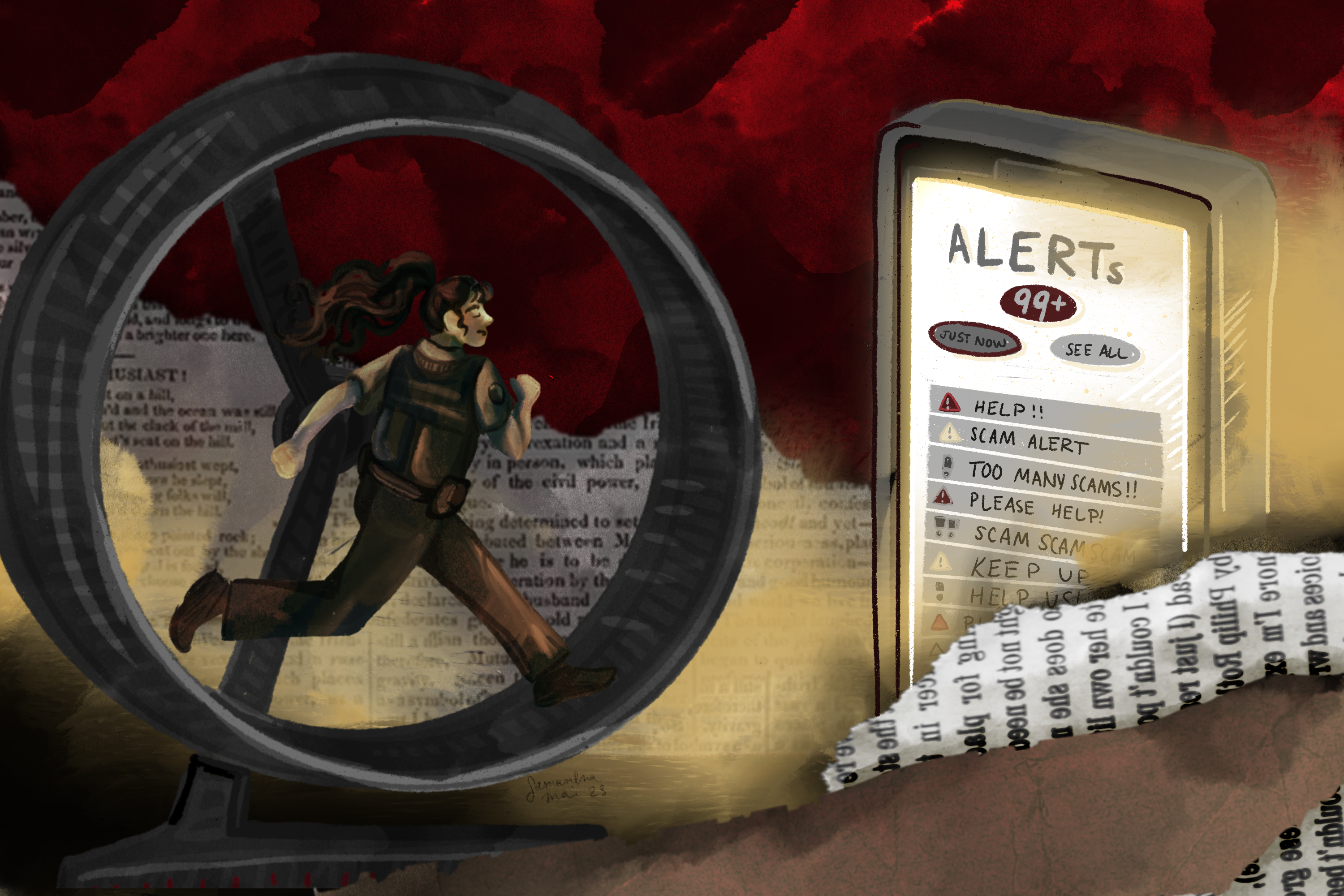
Scams overwhelm law enforcement at every level
With online scams up 87% since 2015, authorities are struggling to keep up with the mainly untraceable crimes.
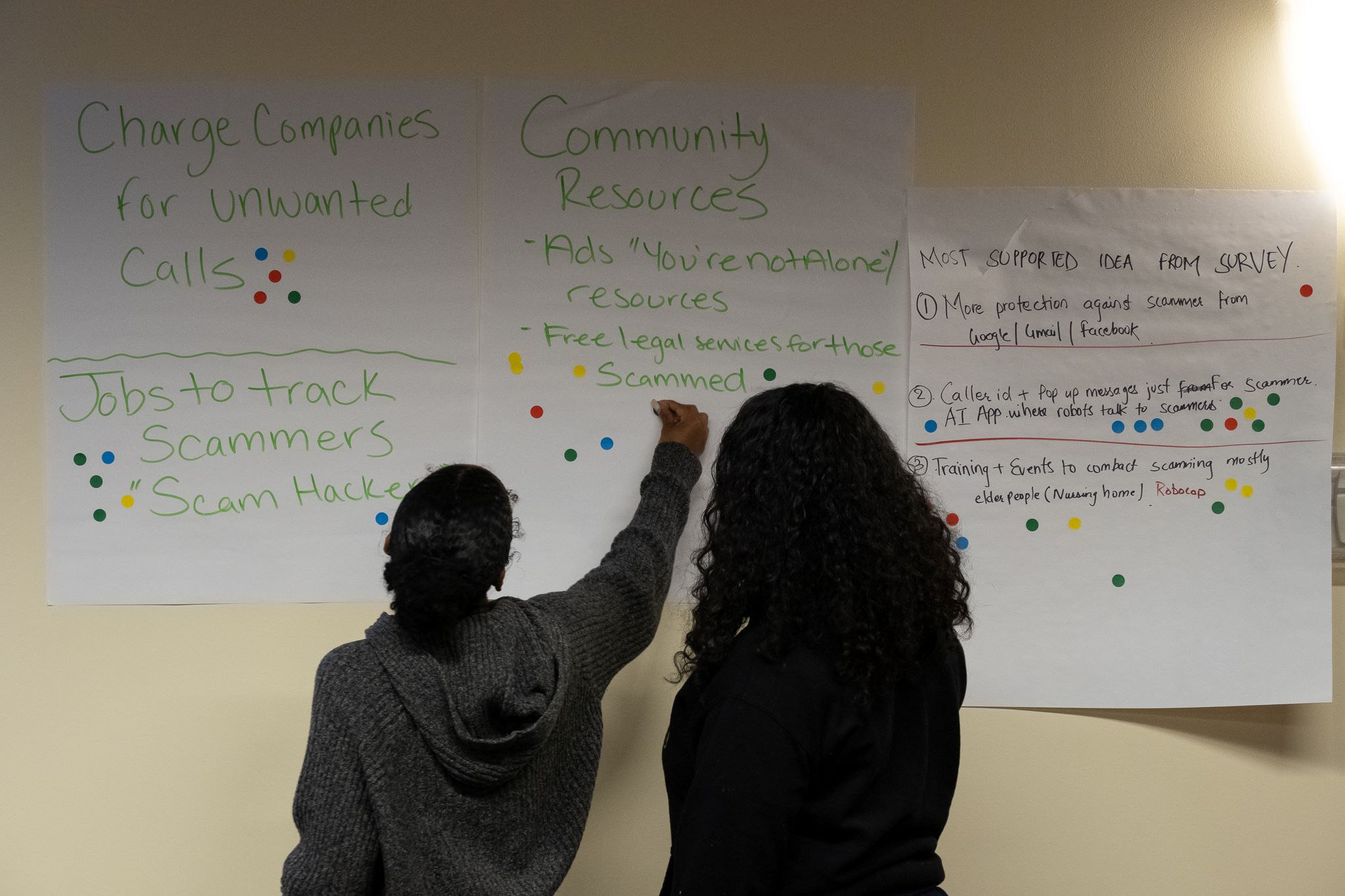
Syracuse residents surface solutions for fighting scams
A survey and public forums explore the syracuse community's ideas for combating disinformation

Spin
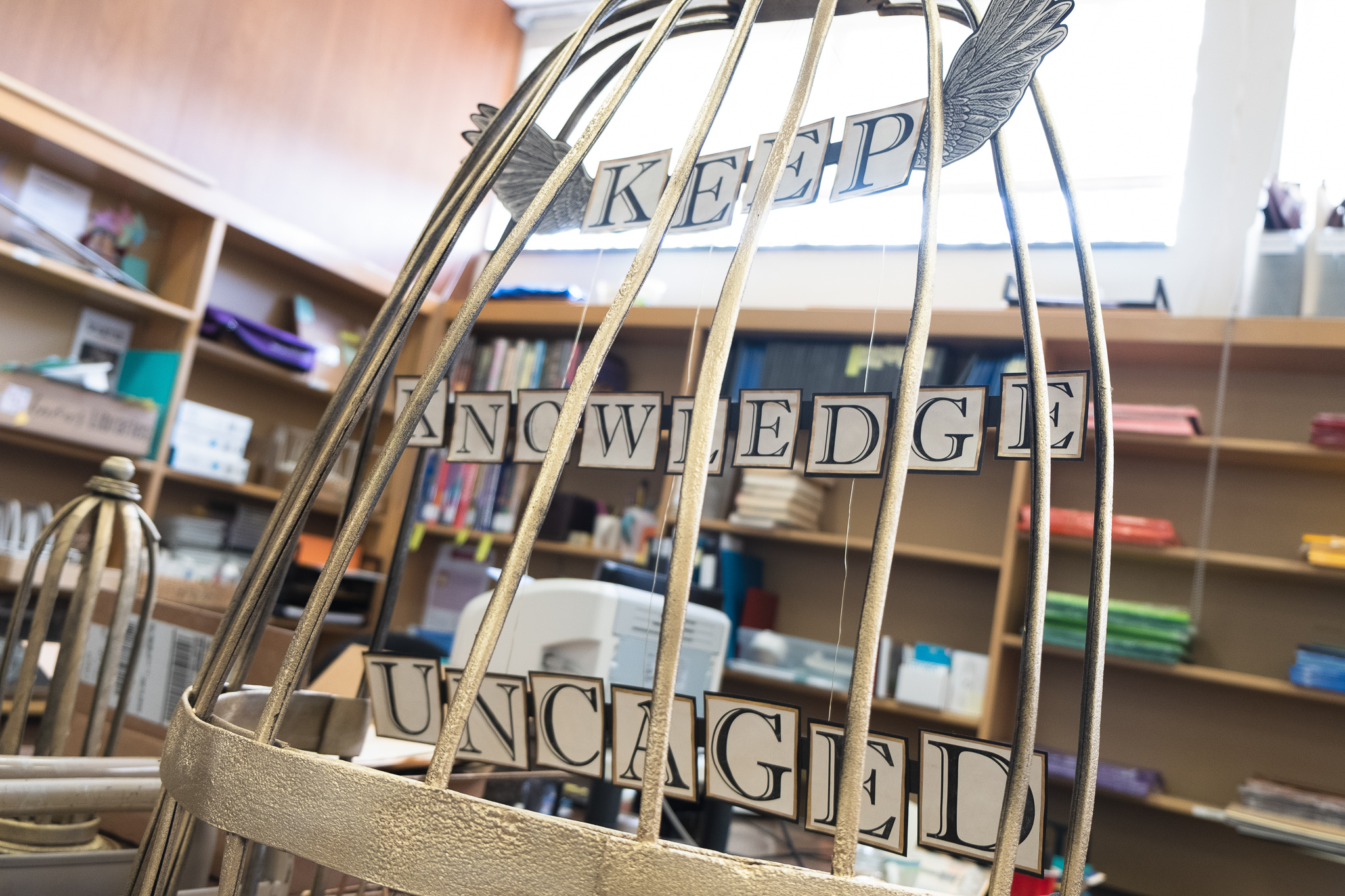
Unshelved: Book bans target Black and LGBTQ authors
New data on America’s most banned titles shows that authors of color and LGBTQ+ themes are the most targeted.
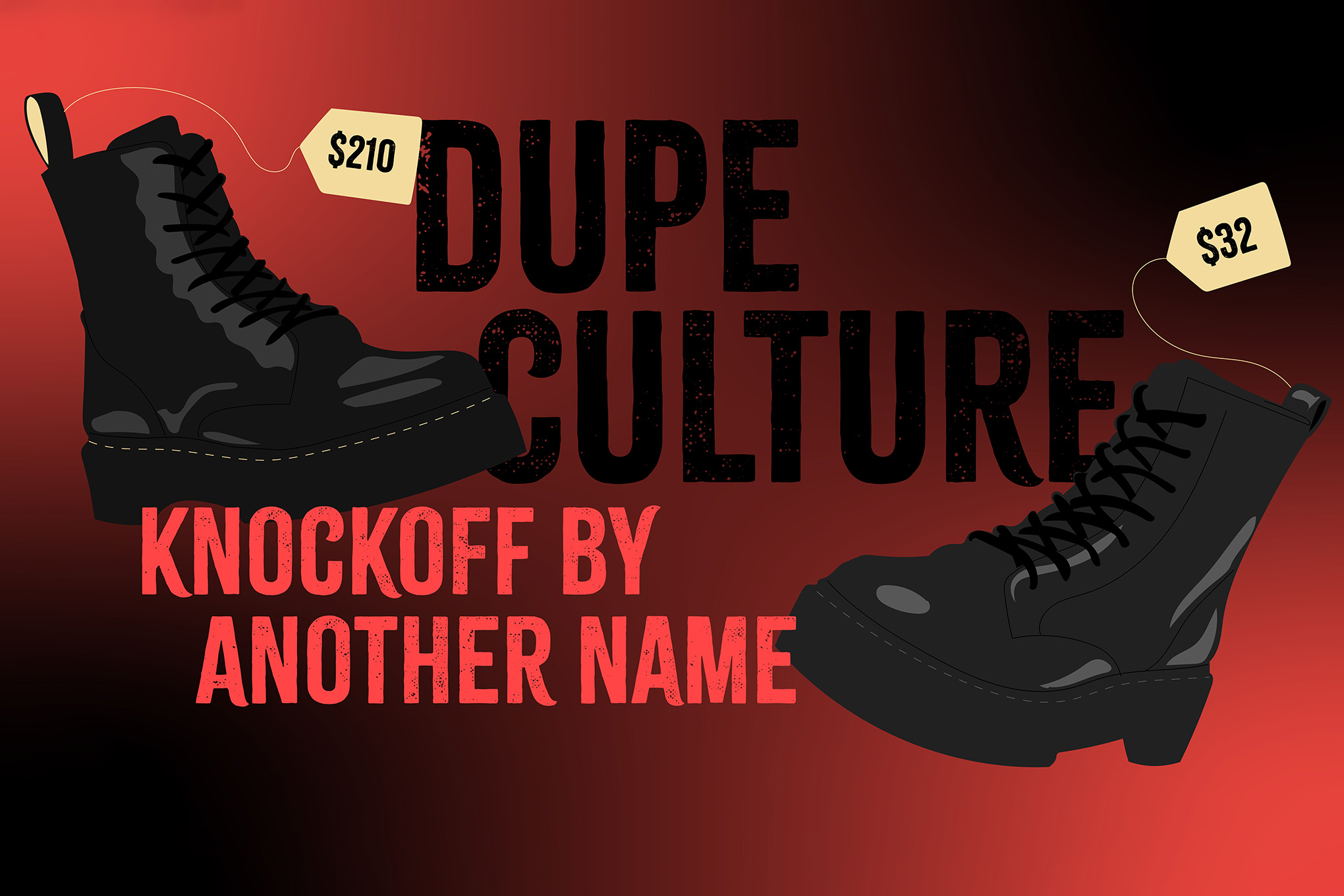
Dupe Culture: is there such a thing as a good deal on a fake?
How Gen-Zers has convinced themselves they’re OK bargain shopping for faux and knockoff merchandise.

A Tale of Tailpipes: Which I-81 solution is green?
A judge found deficiencies in the state's environmental review of the I-81 project. We ask: which option is best for the environment?

Media twists, ignores the stories of disabled people
Experts say accurate portrayals of disability are rare as the media often fails to see people with disabilities as part of the audience.

Experts: Governments break law by hiding behind nonprofits
The Onondaga County Zoo’s naming contest for baby elephants sheds light on a scheme governments use to avoid public scrutiny.
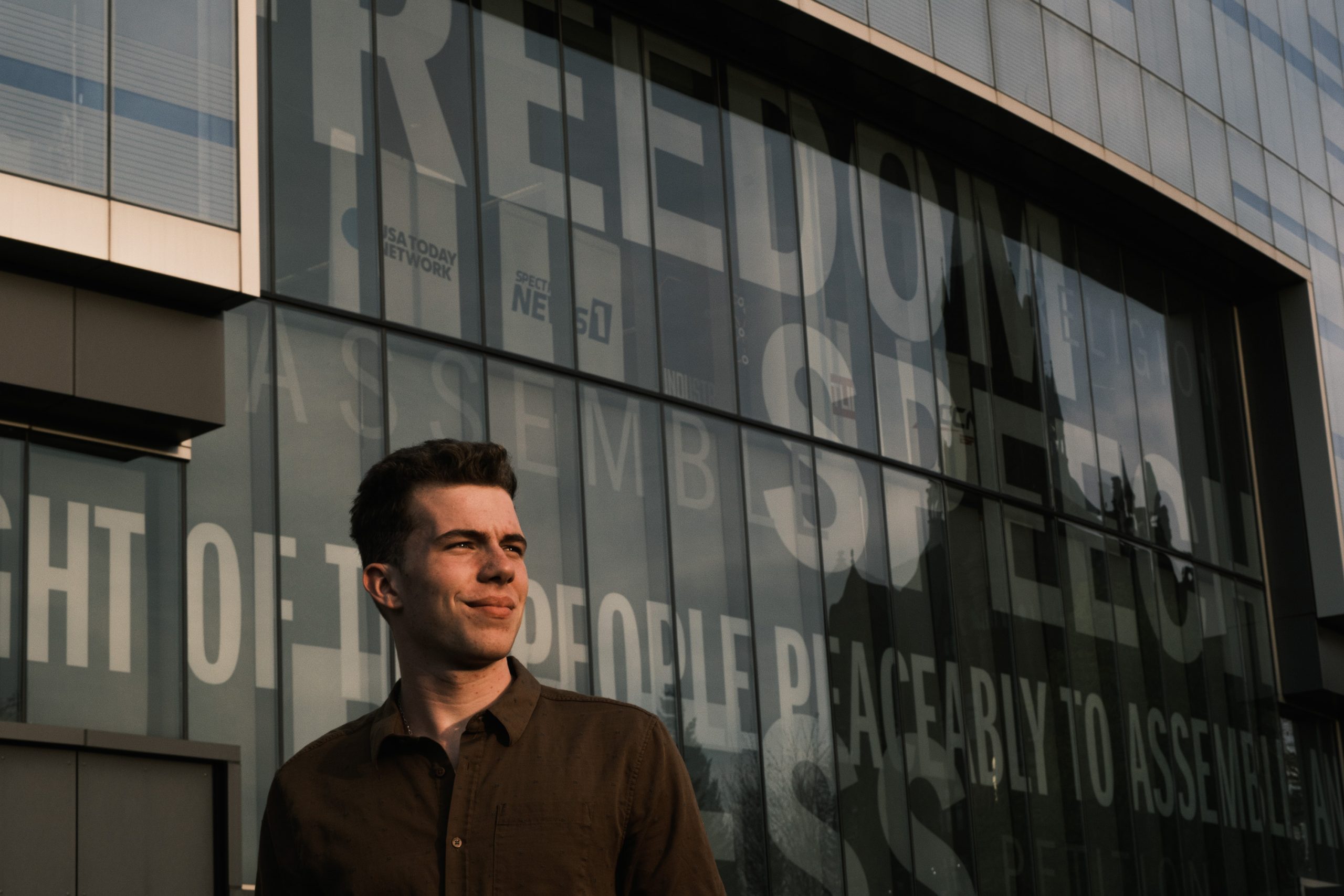
Conservatives step up their fight against censorship
While disinformation on social media fuels distrust, right-leaning advocates say the bigger concern is censorship.

Fad or fake? How health trends cause misinformation
Practices like dry scooping are prevalent enough on social media to be deemed a “major public health concern.”
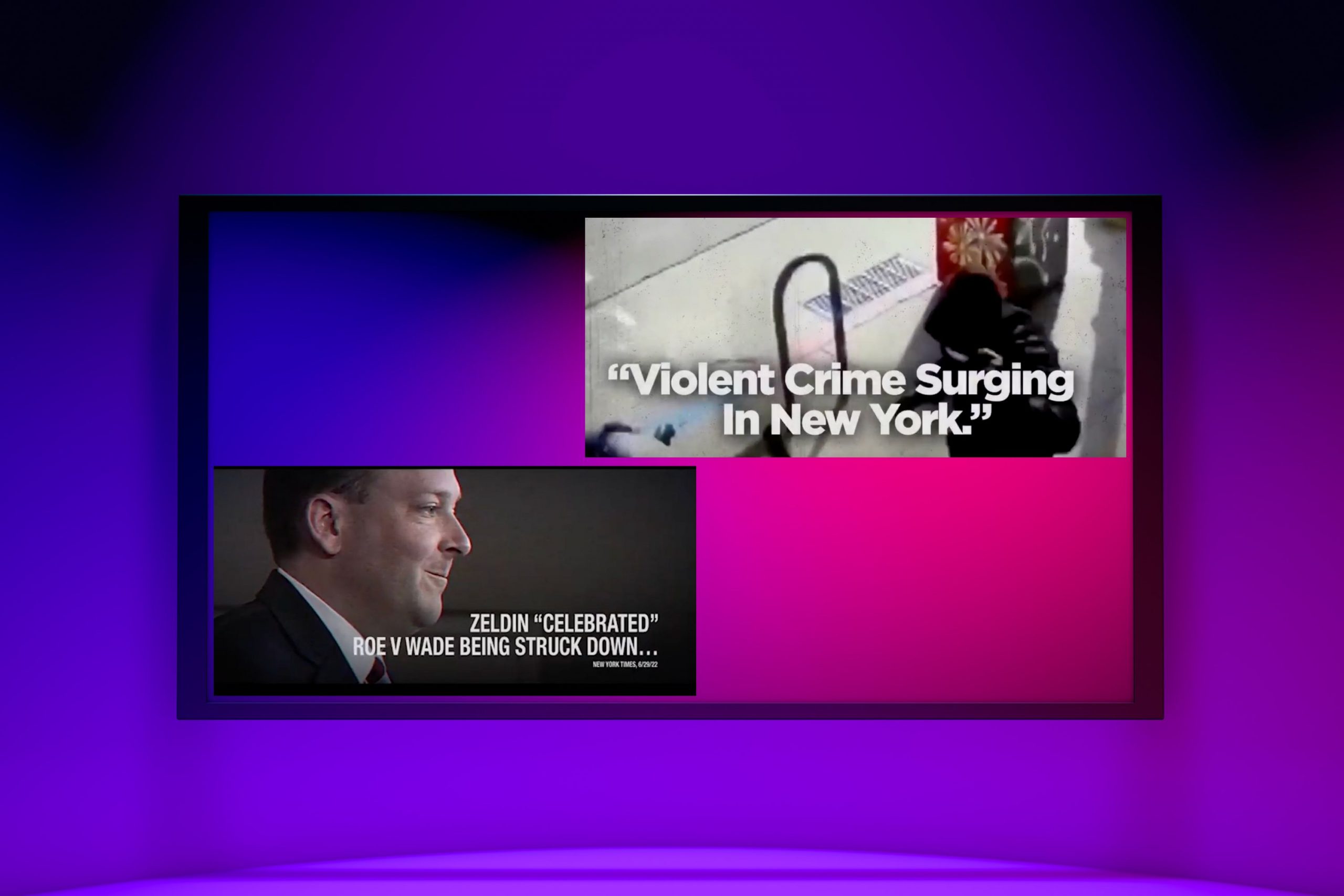
Experts worry attack ads distort truth without lying
Negative political spots can help voters better understand candidates, but some stray into disinformation and undermine democracy.
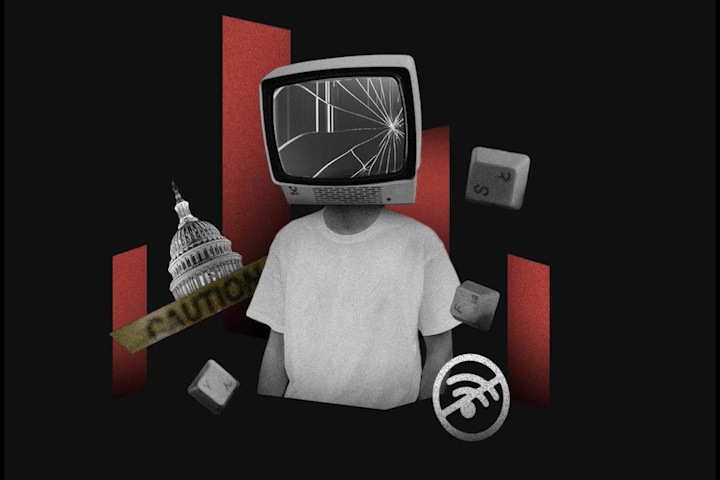
Distrust
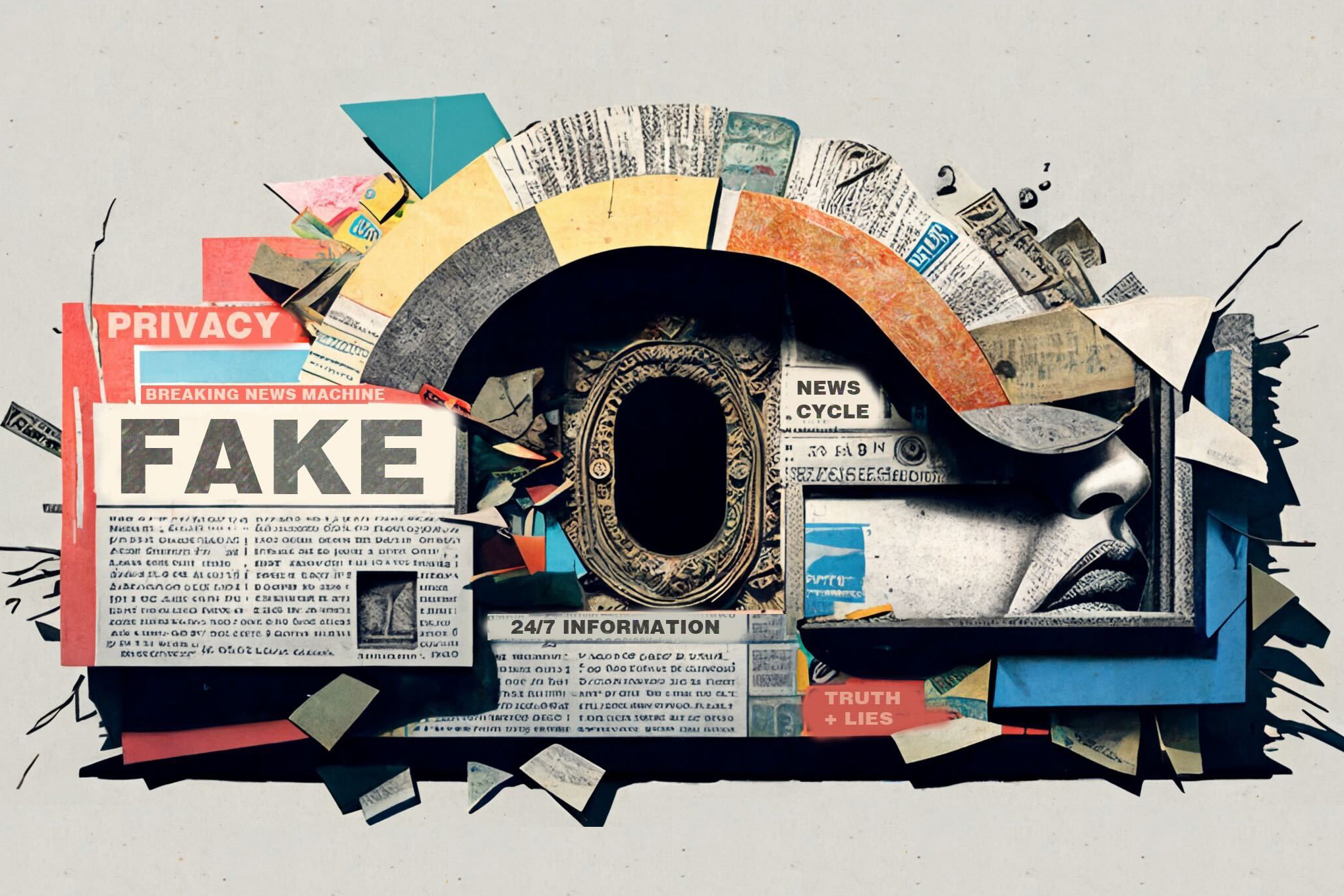
Deep fakes and AI are reinventing seeing and believing
Technological trends and tricks have infiltrated every aspect of our daily lives from politics to religion to pop culture.
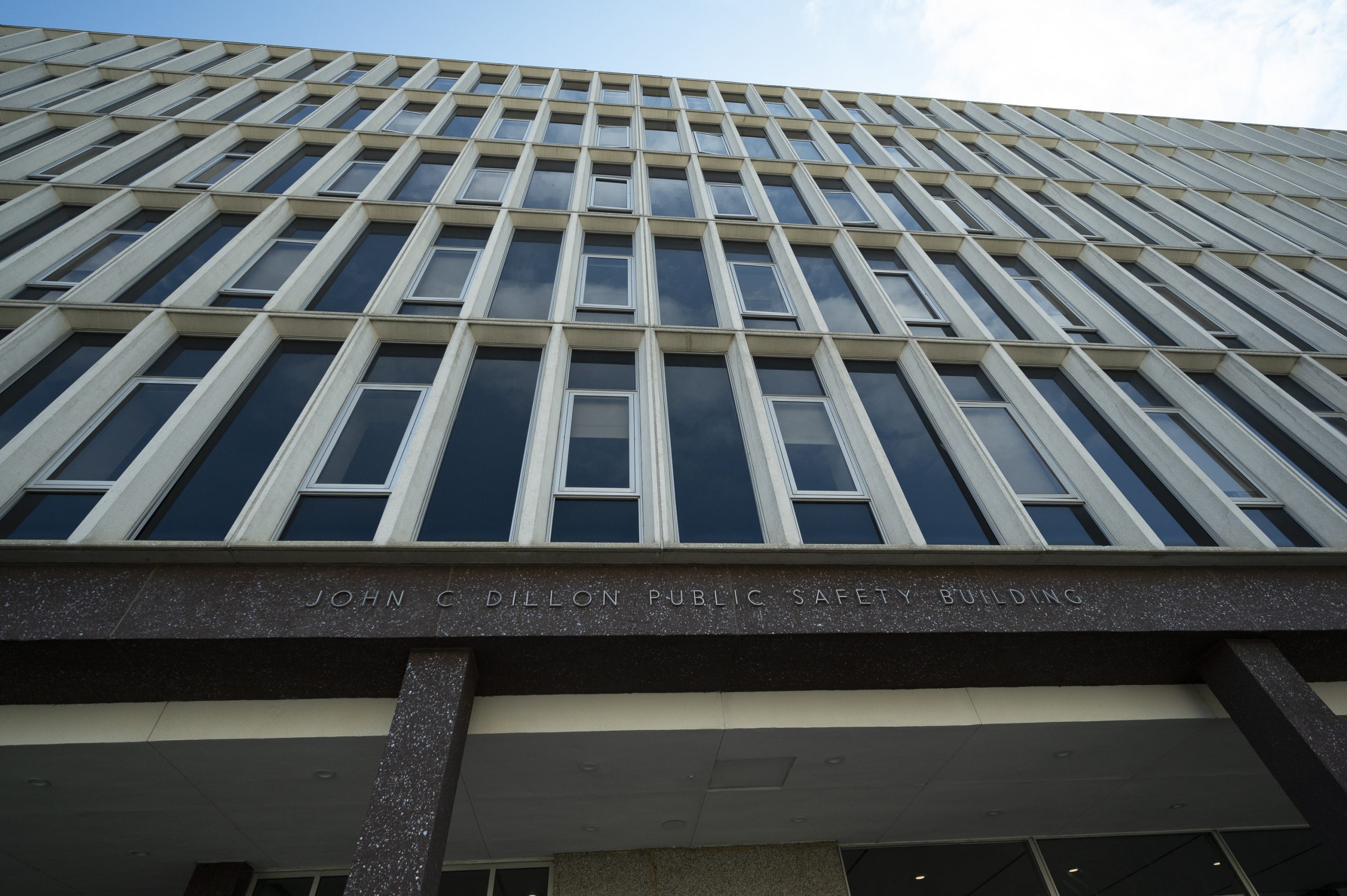
Do SPD efforts at community relations portray reality?
To help connect with the community it polices, Syracuse Police work with interns from Syracuse University.
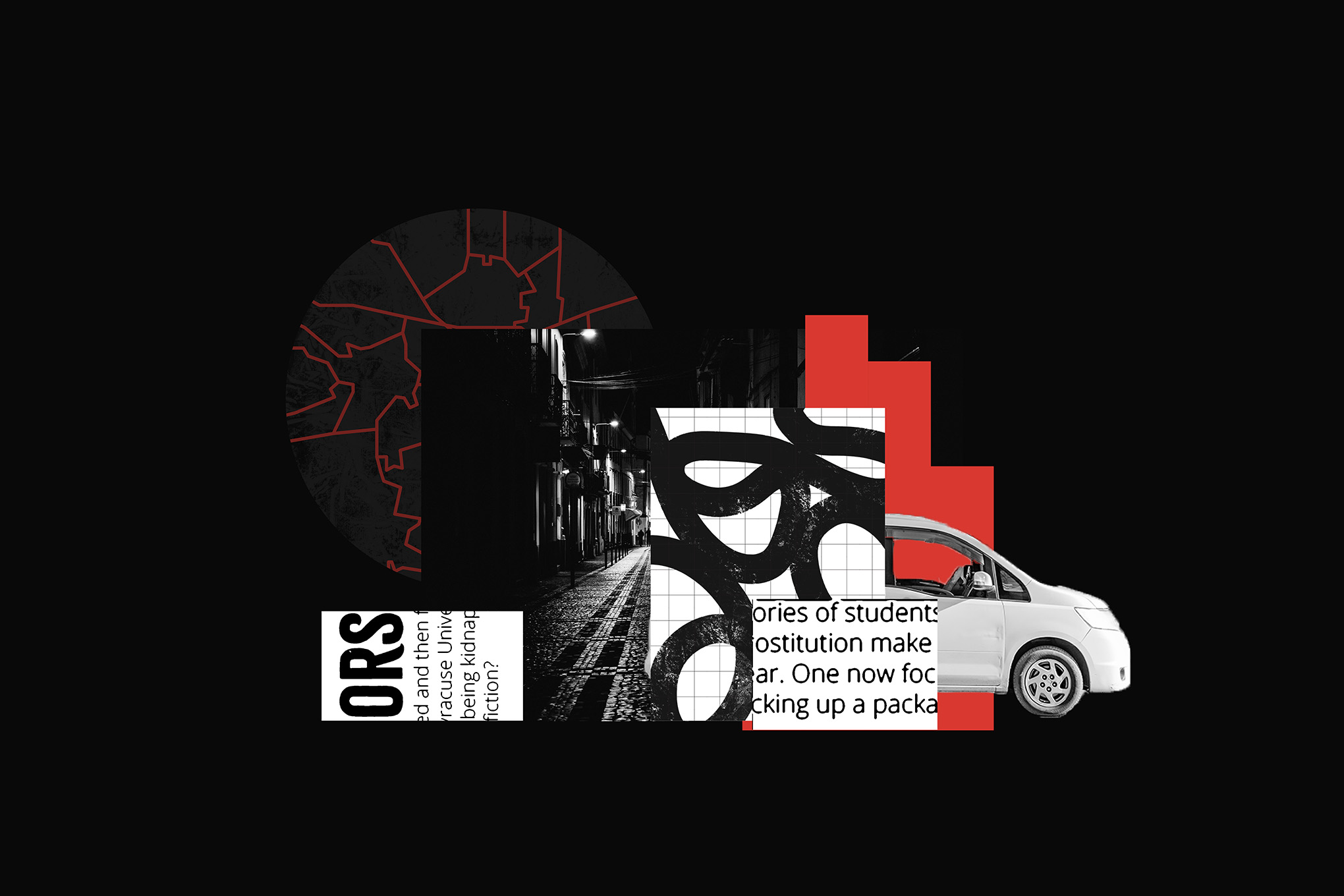
College rumors gone wild: risks to students often exaggerated
Professor says sharing stories of criminal encounters can form prejudices between SU students and the local community.

Cultural centers allow Indigenous people to tell their own stories
Haudenosaunee say the NY State Museum misrepresents them and their history while the Skä•noñh Center tells a different story.
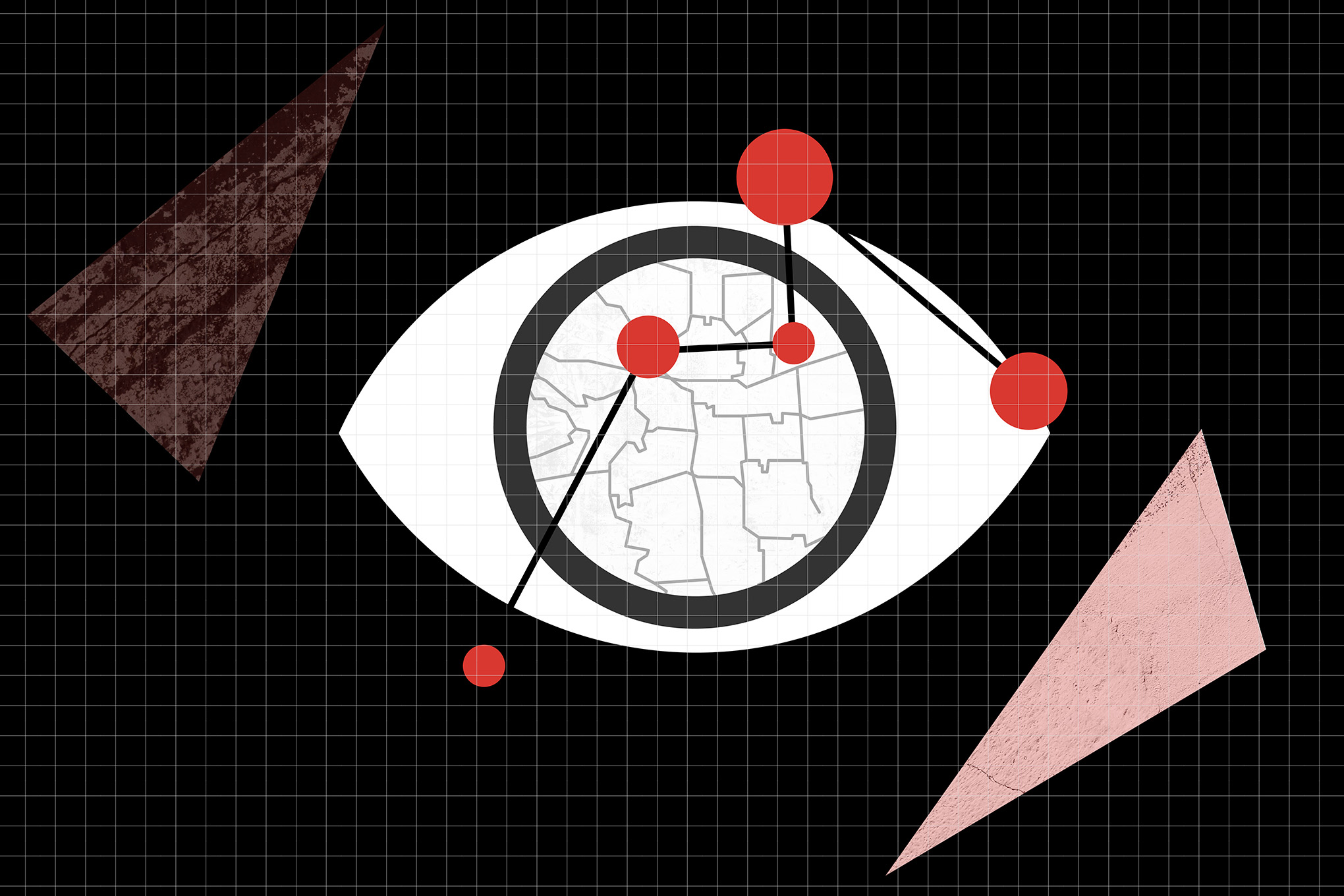
Syracuse professors seek solutions to plague of disinformation
As trust erodes in democratic institutions, researchers are pursuing ways to curb false and misleading information.
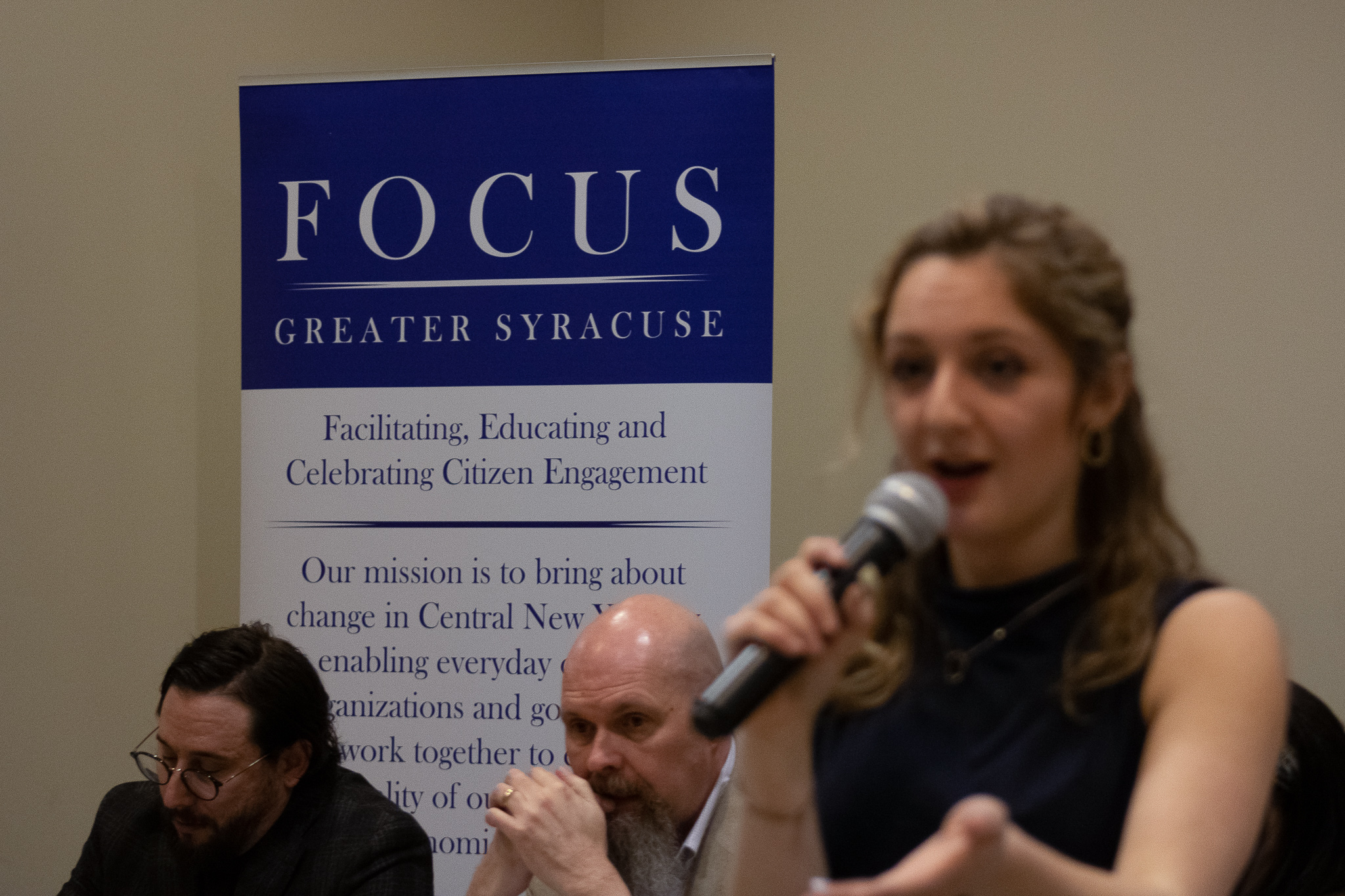
Taking strides to restoring trust in today’s society
Syracuse University researchers and local leaders are taking proactive approaches to combating disinformation.
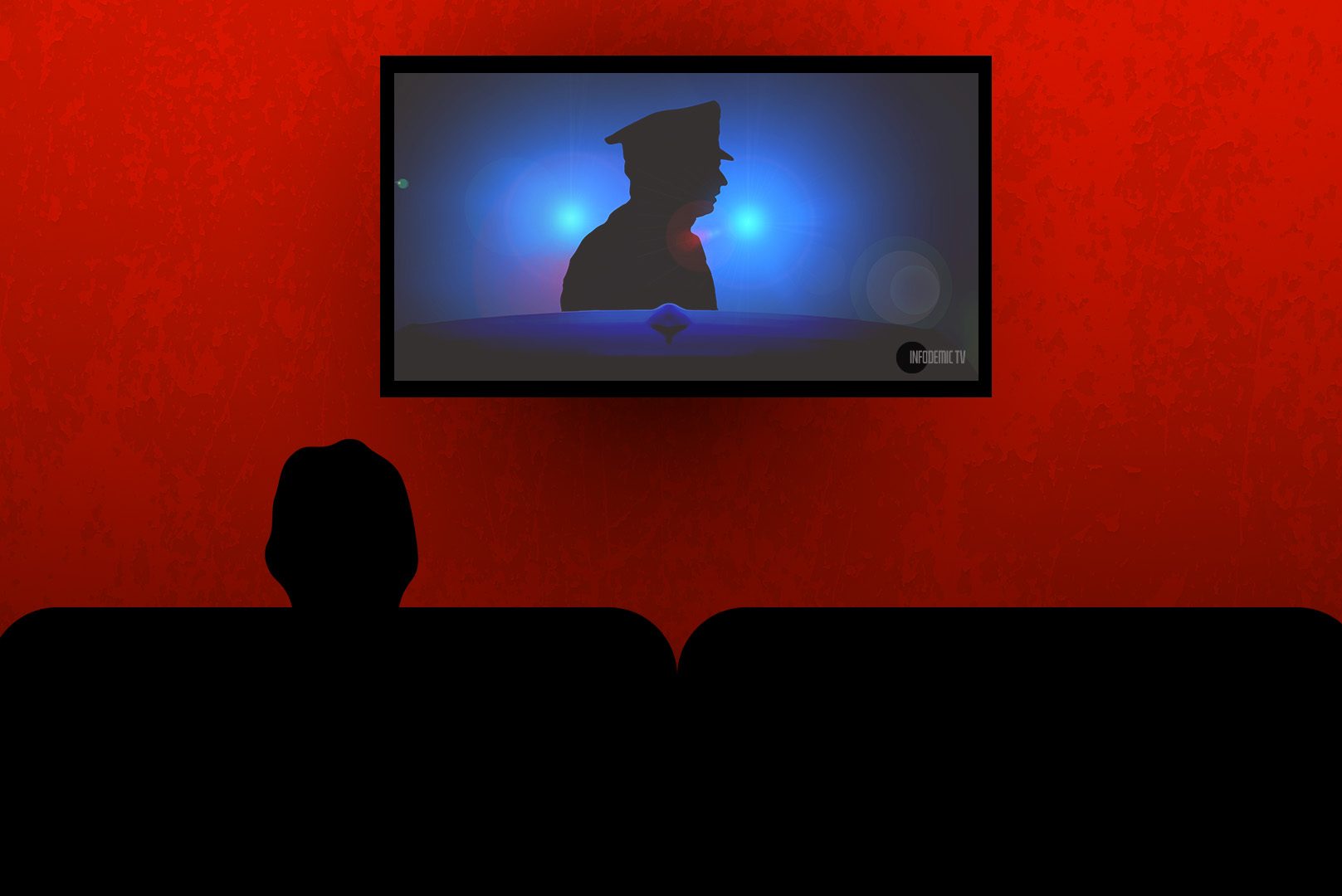
True crime or fake news? Some shows cross the line
Despite its popularity, true crime media can sacrifice important nuances of crime for the sake of drama.
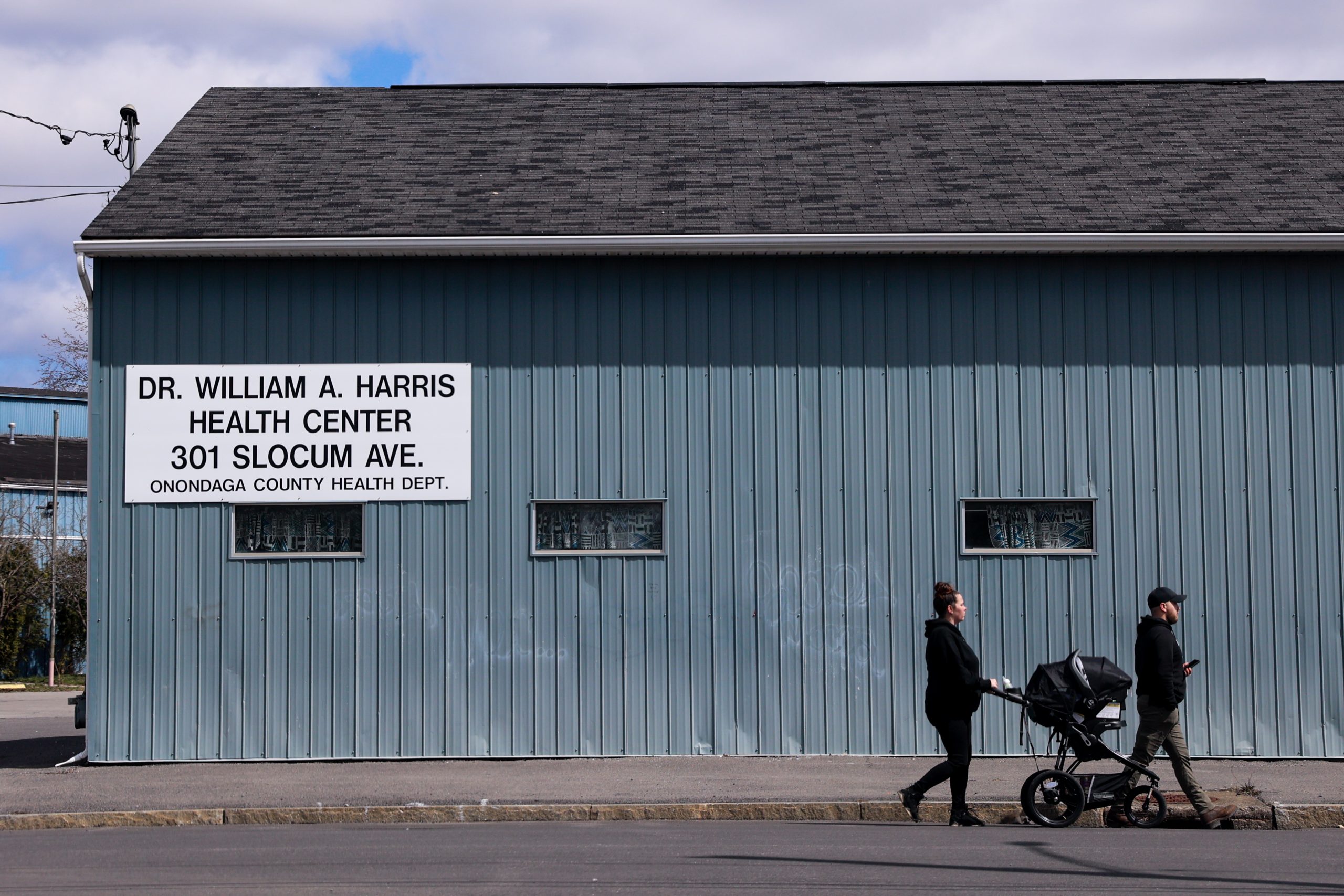
A Syracuse clinic for women closes. Distrust fills the void
A lack of trusted sources and the overturning of Roe v. Wade has increased misinformation on women’s reproductive health.
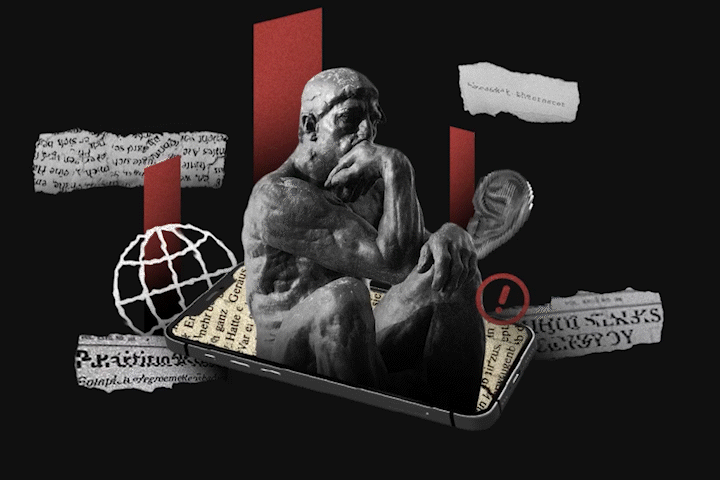
Disinformation
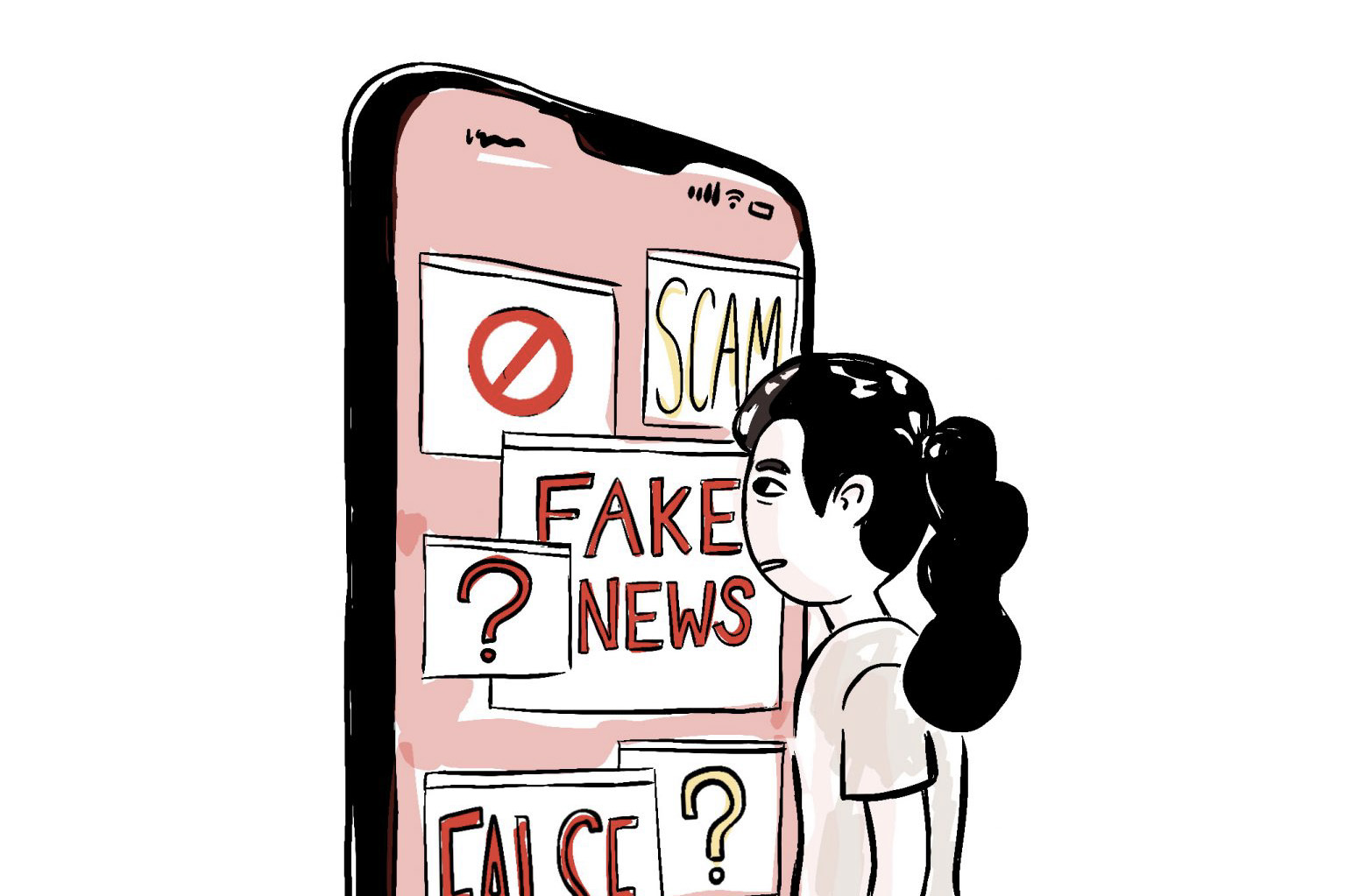
Social media amplifies an ancient problem: Propaganda
Disinformation dates to antiquity. But new technologies have enabled it to spread faster than ever.
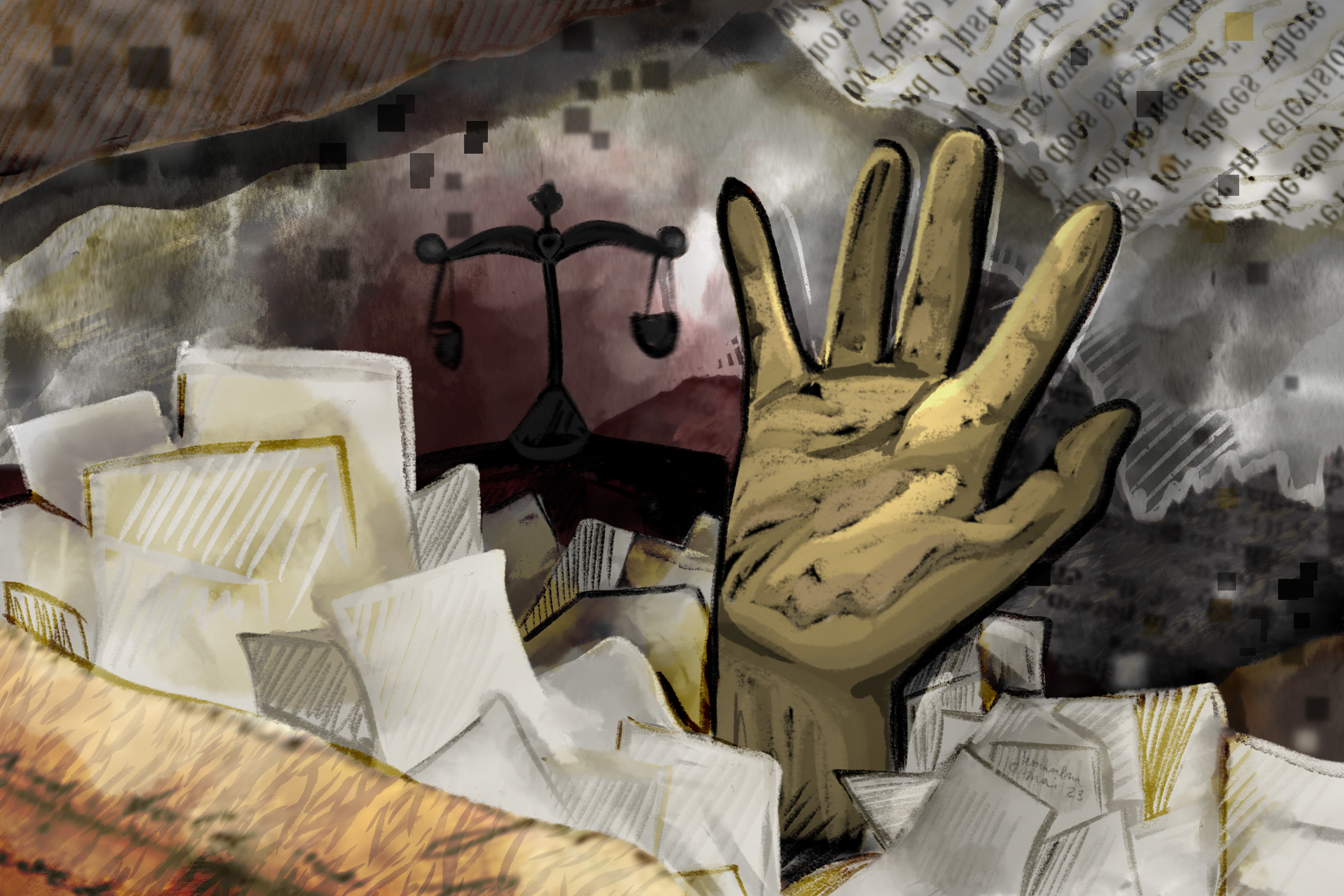
Taking disinformation to court will require new tools
Legal experts say traditional legal remedies like libel laws will have a limited effect on misinformation.

Conspiracies about Damar Hamlin’s injury find traction
Social media outrage fueled false theories about the Buffalo Bills safety’s on-field collapse.

Fake news seeps into Upstate New York’s houses of worship
Local pastors are aiming to help their congregations be able to discern the truth in today's issues.
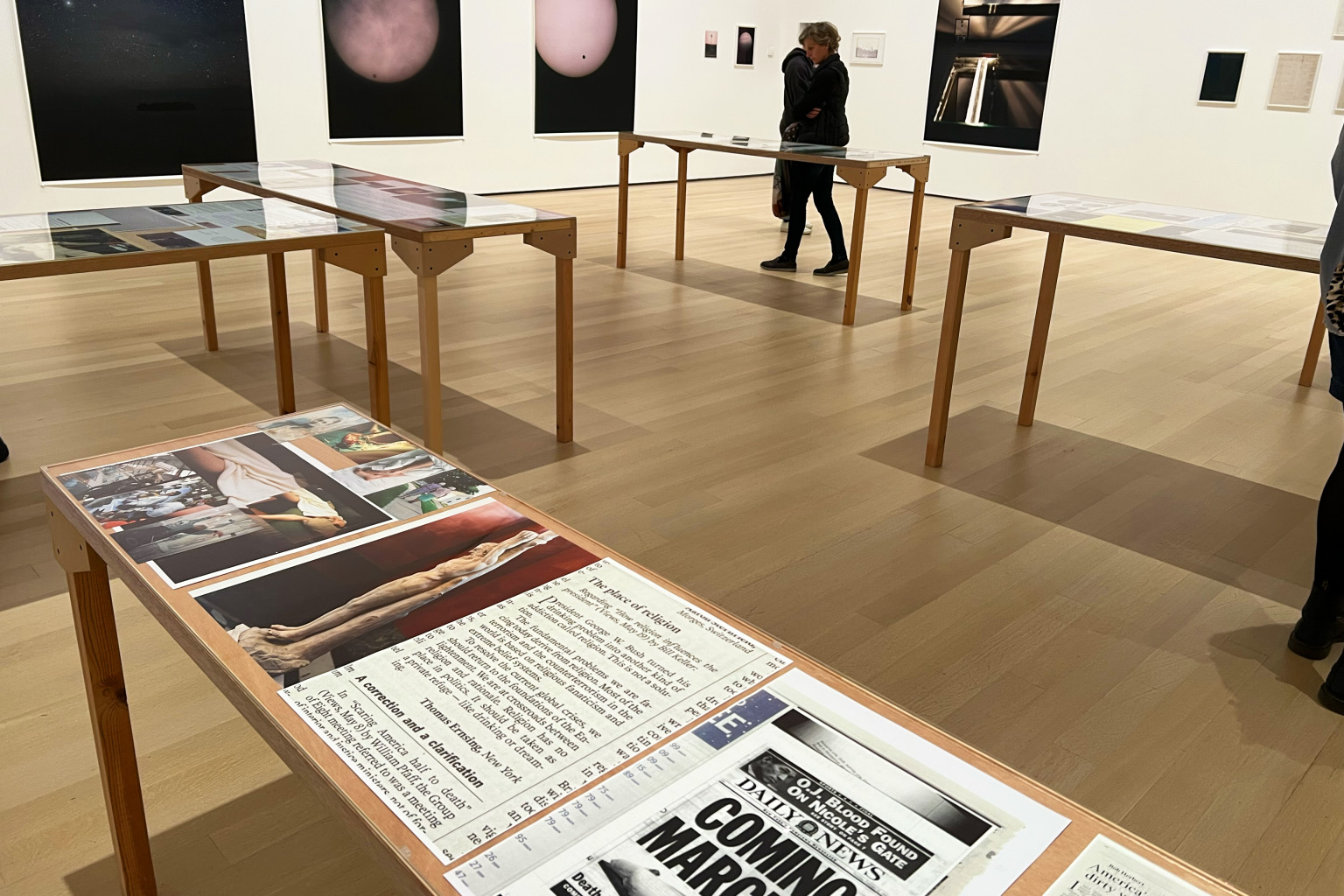
Museum-goers encouraged to question the truth at NYC exhibit
Artist Wolfgang Tillmans has included a table-based “Truth Study Center” at the core of most of his major exhibitions since 2005.

‘Russian Troll Farm’ finally trolls IRL at Rochester’s Geva Theatre
A play originally performed on Zoom depicts Russian Internet Agency workers trying to sway America's 2016 election.
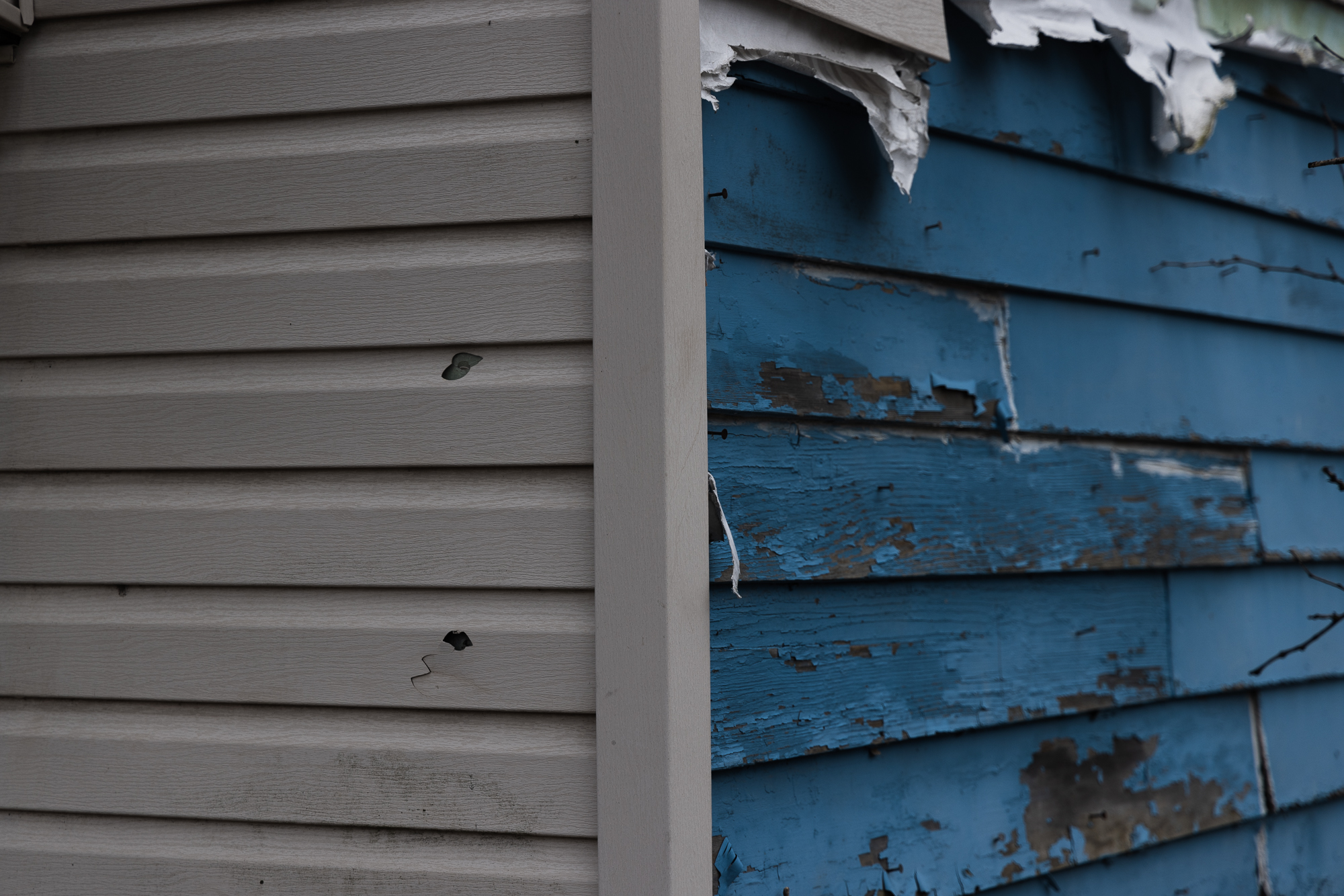
Some see the Syracuse lead-poisoning crisis as over. It’s not.
Has the city let its guard down on the dangers of lead poisoning? Experts and advocates fear the answer is 'yes.'

Experts work to destigmatize mental illness and addiction
Counselors and people in recovery discuss the impact of harmful rhetoric on addiction perception.
